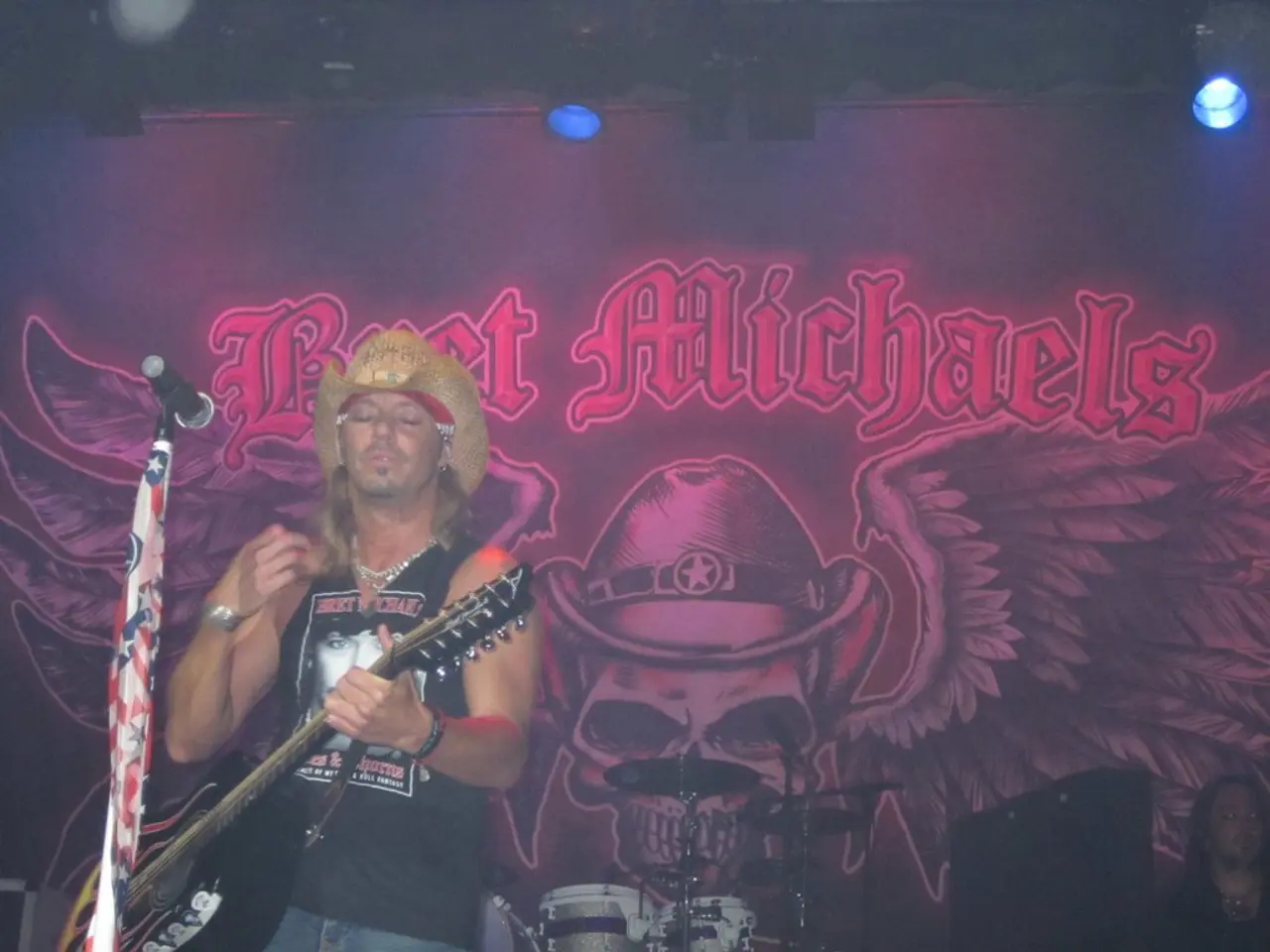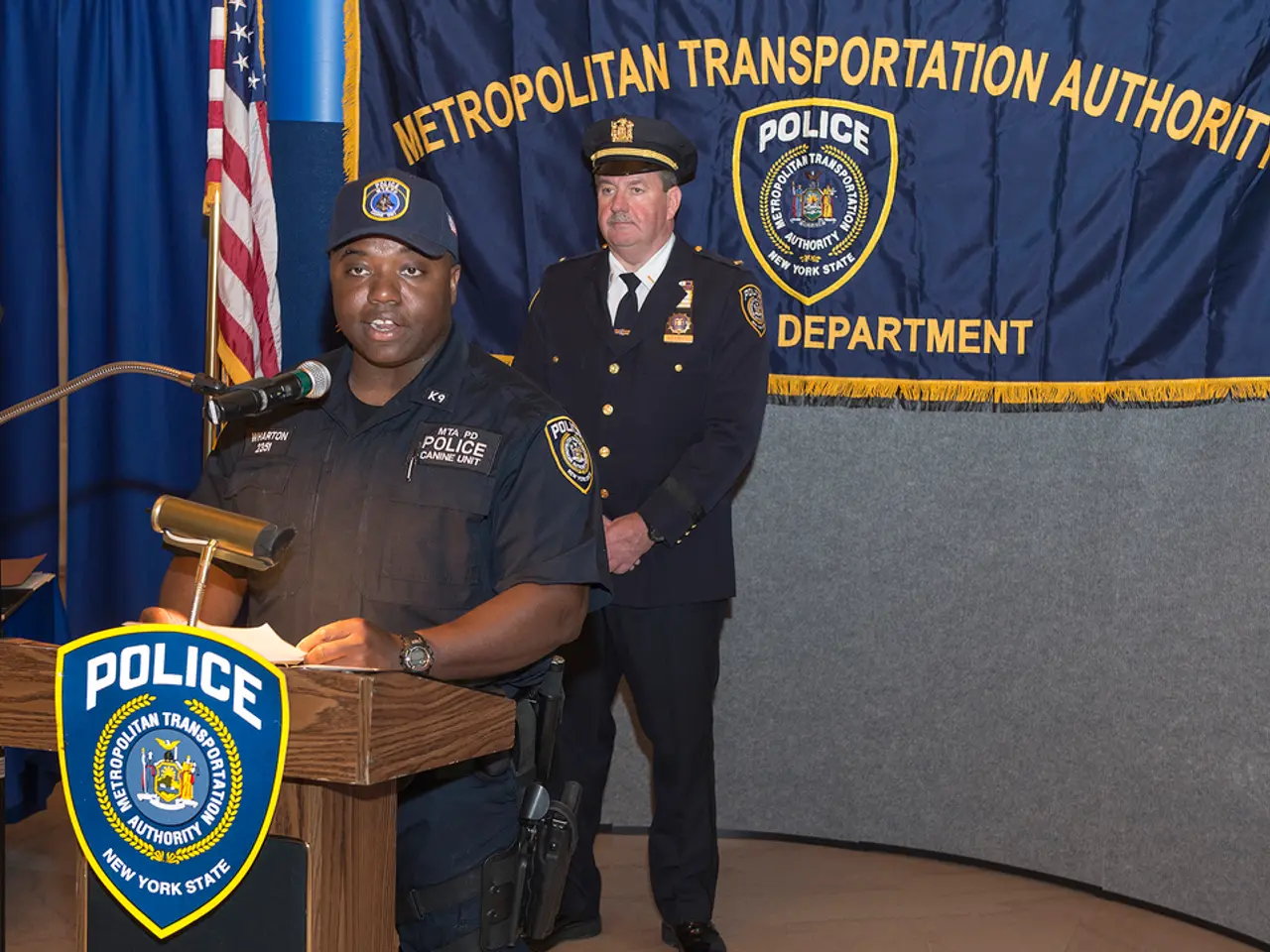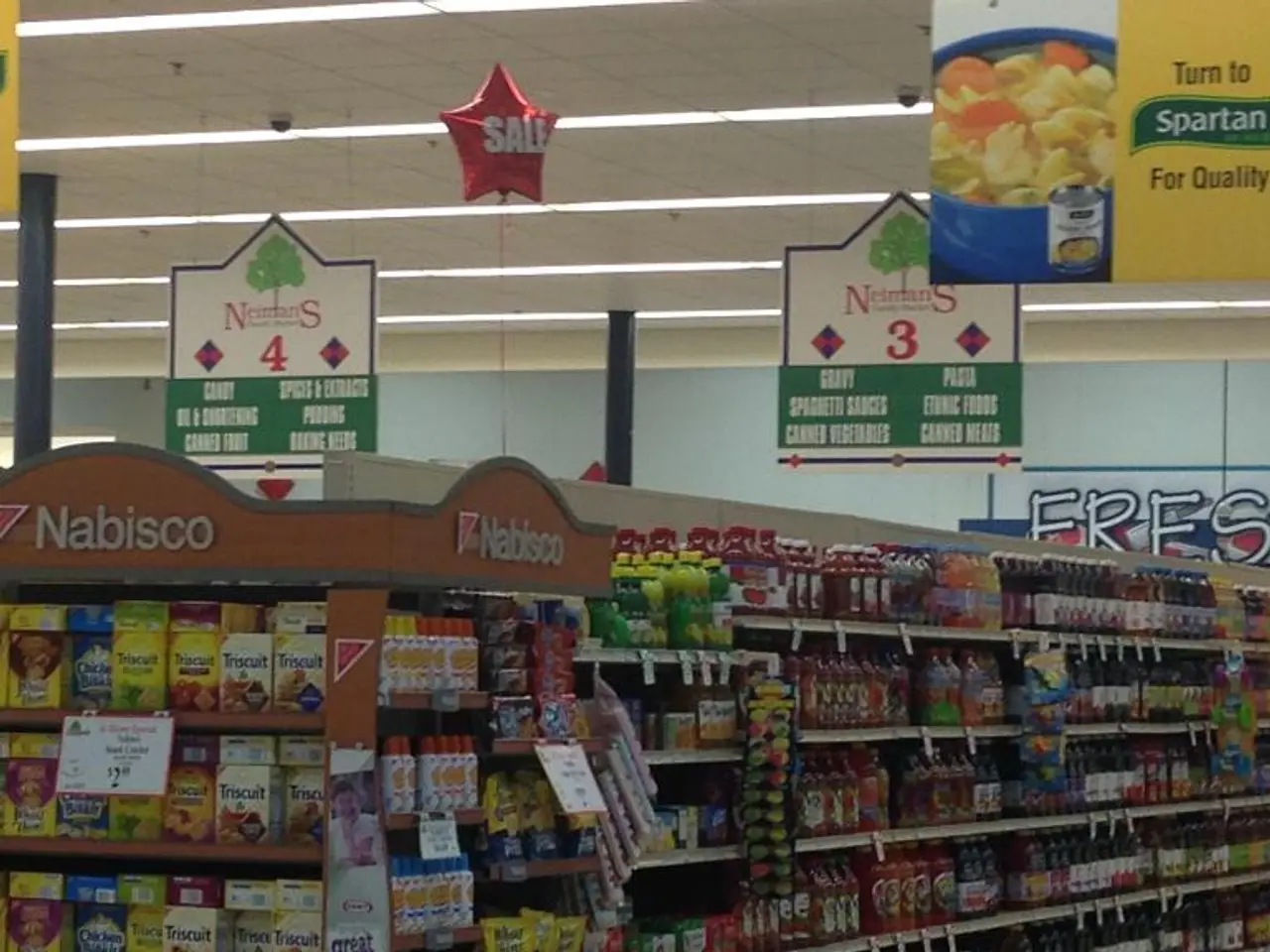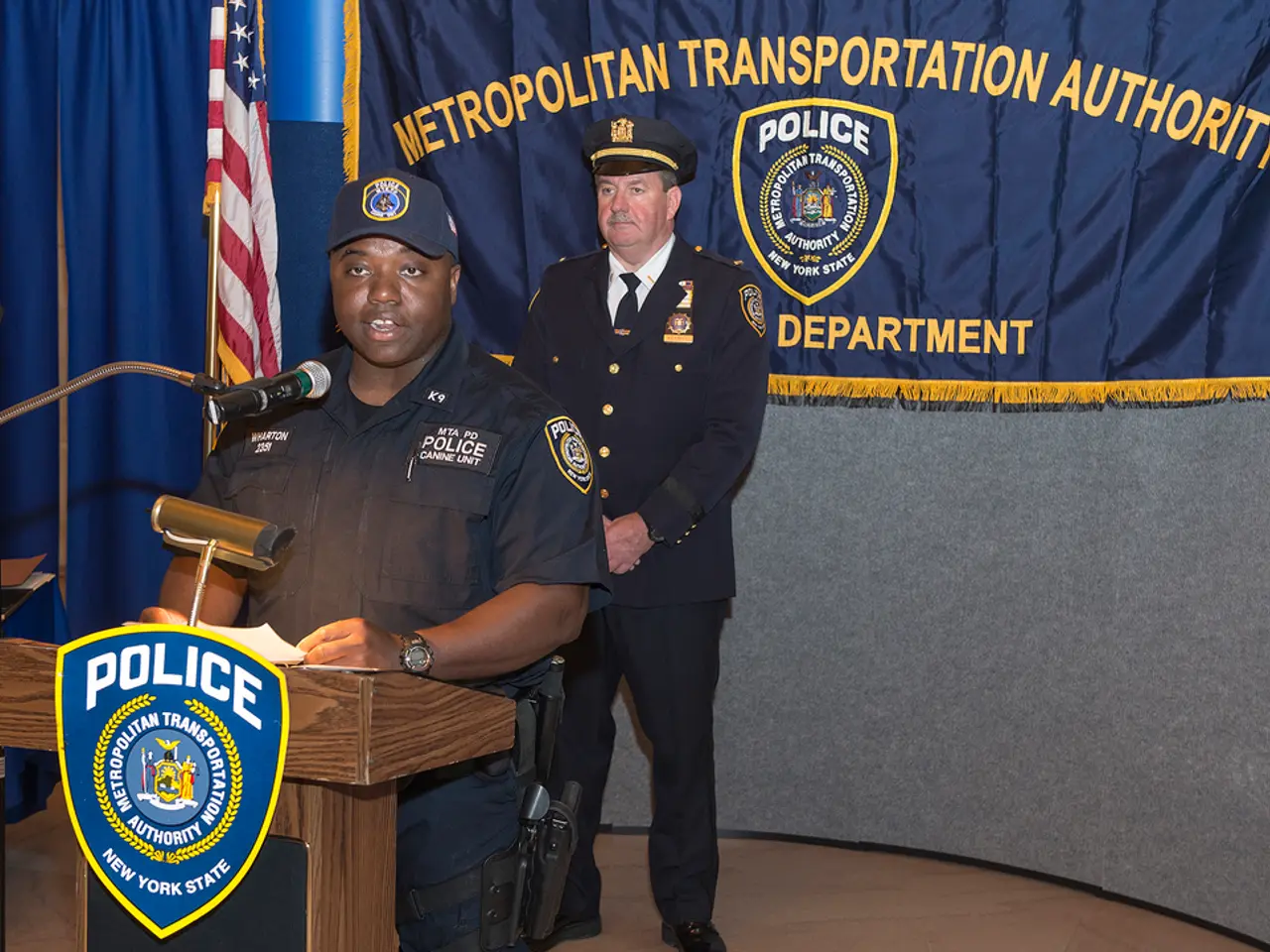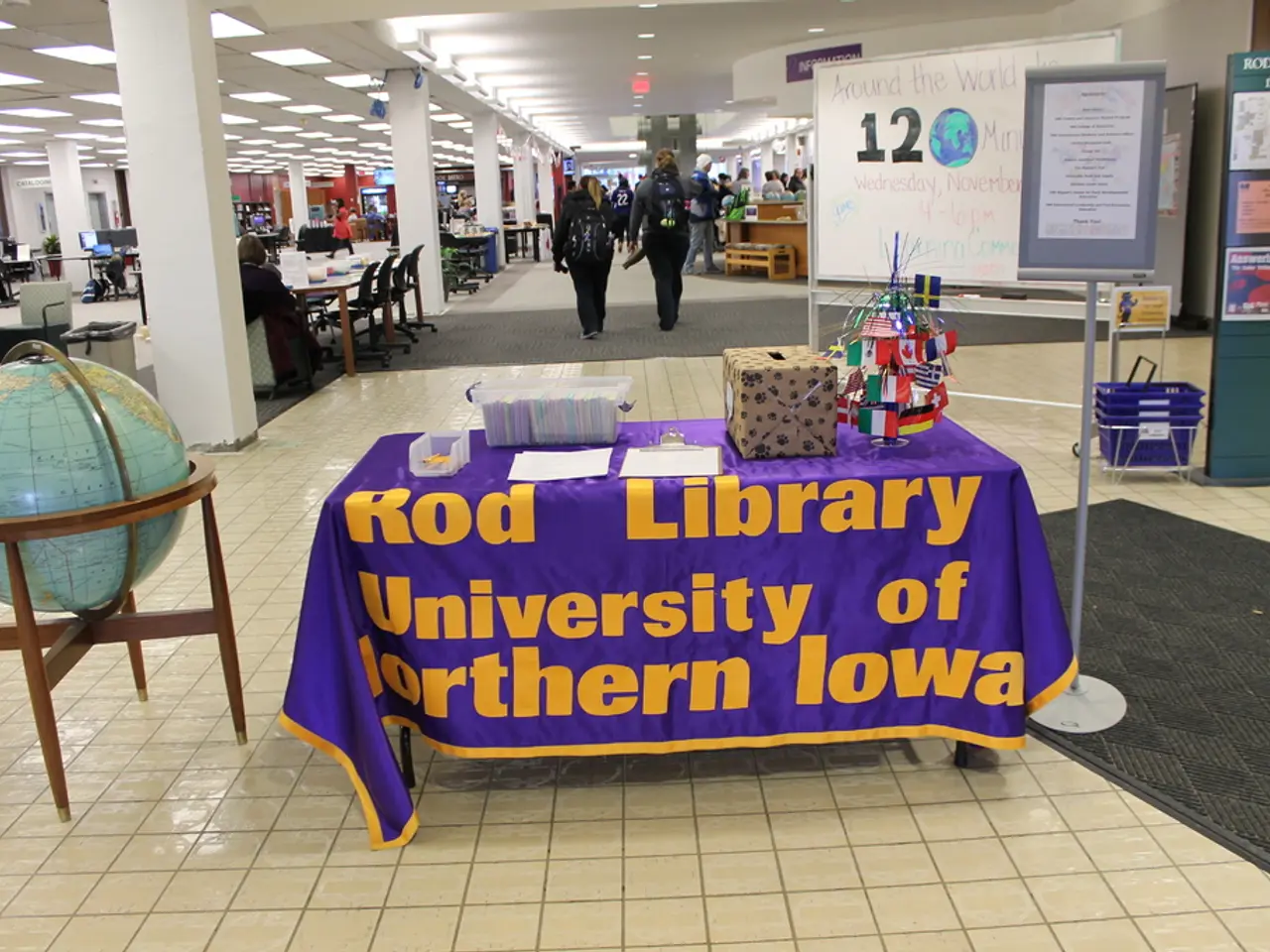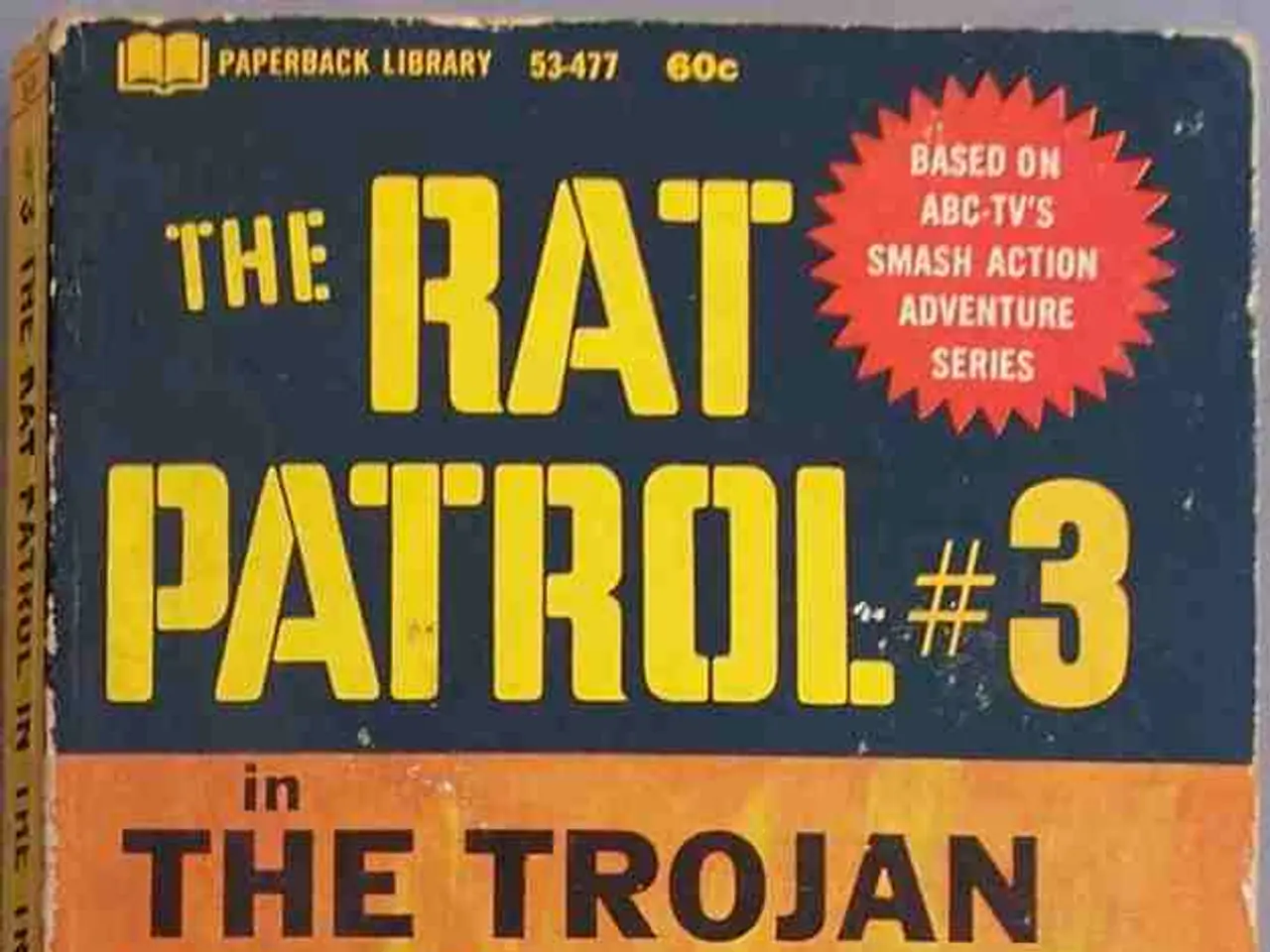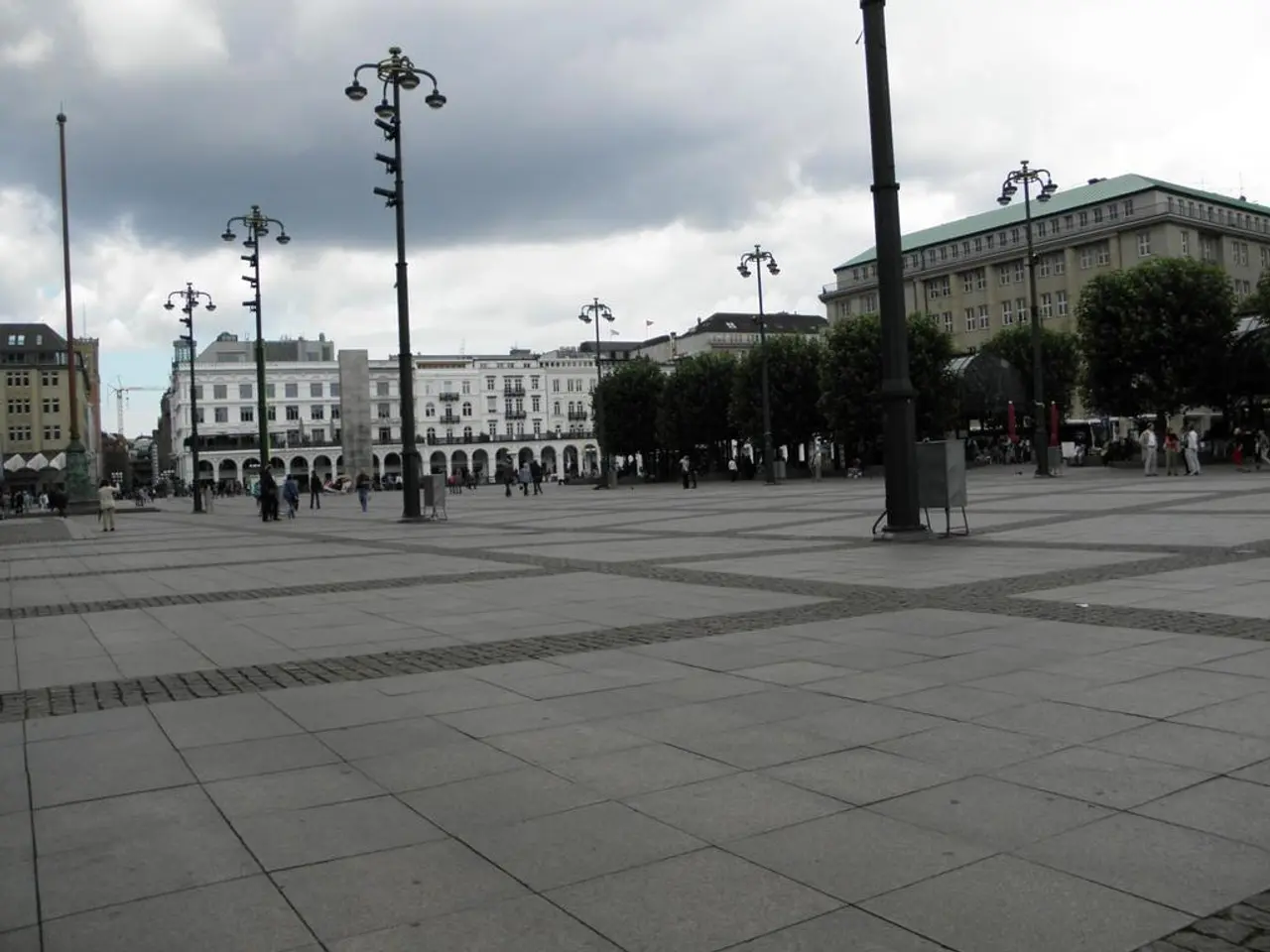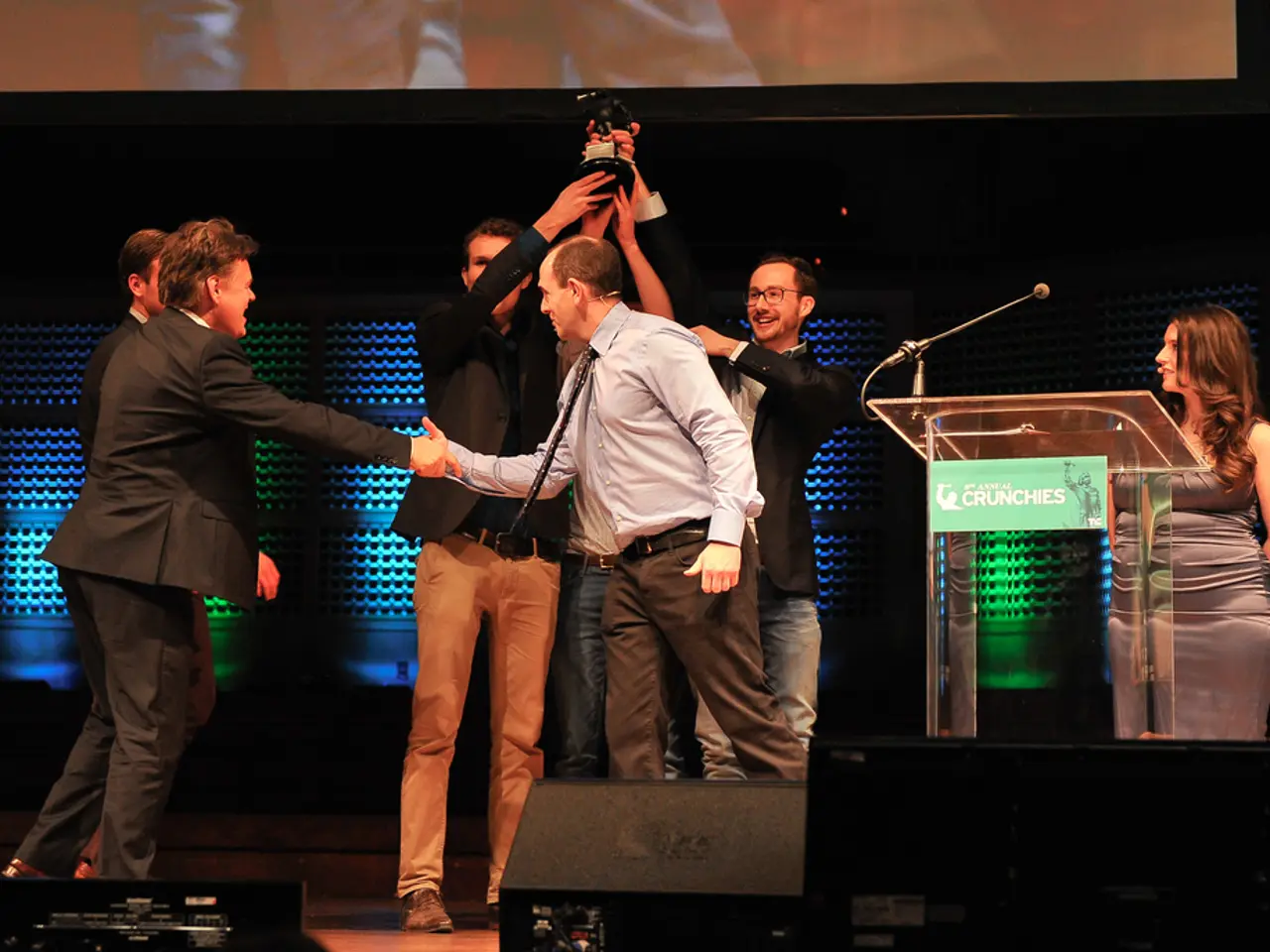BBC acknowledges errors in promoting anti-Israel sentiments at Glastonbury event
In a series of unexpected events at the Glastonbury Festival, the British Broadcasting Corporation (BBC) found itself at the centre of a storm, with calls for accountability and the review of its guidelines for live broadcasts.
During the performance of punk-hip-hop duo Bob Vylan, audience members were encouraged to chant "Death, death to the IDF," a call that has been widely perceived as anti-Semitic. The BBC, initially justifying its decision to broadcast the performance by displaying a warning and condemning the statements as "deeply offensive," has since admitted that such content has no place in its broadcasts.
Meanwhile, another act, Kneecap, has been charged with a terrorist offence for allegedly displaying a Hezbollah flag at a concert in London. The incident at Glastonbury further fuelled the controversy, as the duo's performance was live on air, and no precautions seemed to have been taken despite their known controversial statements about the Gaza war.
Prime Minister Keir Starmer and other politicians from several parties have demanded an explanation from the BBC regarding the incidents. The British media regulator Ofcom has expressed deep concern and called for accountability. In response, the BBC has announced that it will review its guidelines for live broadcasts.
The festival organisers have distanced themselves from Bob Vylan's slogans, stating there is no place for anti-Semitism, hate speech, or calls for violence at Glastonbury. The performance of Kneecap at Glastonbury was only available with a delay in the BBC media library, suggesting that measures were taken after the event to prevent the broadcast of potentially harmful content.
The US online magazine "Daily Wire" reported that Bob Vylan's visas for a planned US tour may be revoked, citing the US Department of State. The debate over freedom of expression and art in Britain has been sparked by the allegations against Kneecap, with numerous artists coming out in support of the duo, viewing their actions as legitimate criticism of Israel's military actions in the Gaza Strip.
One of the Kneecap members publicly suggested inciting riots outside a courthouse at Glastonbury, adding to the controversy surrounding the group. The police are reviewing festival video material for potential criminal offenses involving Kneecap.
As the dust settles, the BBC, festival organisers, and the broader arts community grapple with the implications of these incidents, seeking to balance the principles of freedom of expression with the responsibility to protect audiences from offensive and harmful content. The review of the BBC's guidelines for live broadcasts is expected to provide insight into how these principles will be addressed moving forward.
In the midst of this debate, politics and general-news surrounding the Glastonbury Festival have evolved, with calls for accountability from politicians on the BBC's decision to broadcast potentially offensive content, particularly from acts like Bob Vylan and Kneecap. Simultaneously, crime-and-justice agencies are investigating allegations against Kneecap, including charges of a terrorist offence in London and potential criminal offenses at the festival.
